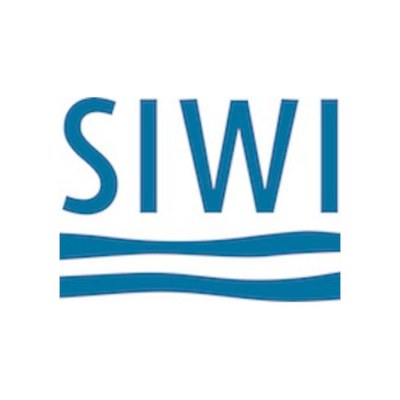SIWI is a leading expert in water governance, resilience, water diplomacy and cooperation over shared resources. We work across the world to find smarter ways to manage water. The Sustainable Textile Water Initiative is a global initiative that has been implemented since 2010.


